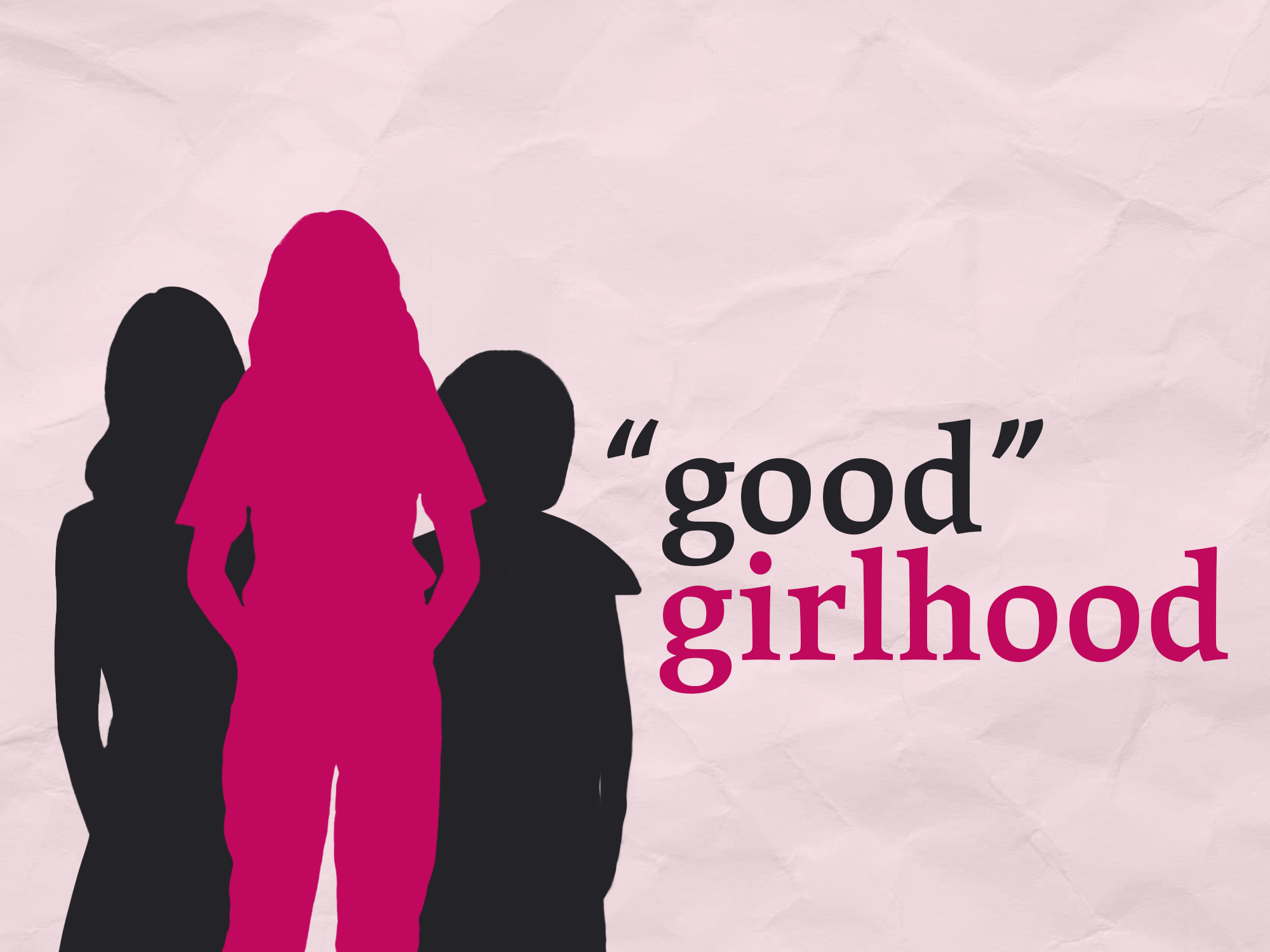In her poem “Nostos,” the late Nobel Prize-winning poet and former Stanford professor Louise Glück writes, “We look at the world once, in childhood. The rest is memory.”
I thought about this poem while watching “Aftersun,” Scottish writer-director Charlotte Wells’s feature film debut released in the fall of 2022. Set in the late 1990s, the movie follows a father-daughter duo’s attempts to assiduously document their summer vacation at a resort in Turkey with a Panasonic NV-DS77 camcorder.
The movie is a beautifully rendered coming-of-age story about grief and the painful process of trying to convert girlhood memories into grown-up wisdom.
The 11-year-old Sophie Patterson (Frankie Corio) lives with her mother in Edinburgh while her father, Calum (Paul Mescal), resides in London. Calum is a young father, although he moves with the weariness of an older man. In his estimation, he barely made it to 30, and cannot even picture himself at 40.
After sun-dappled days under blue skies, the ever-fatigued Calum sleeps as if it is the first time he has done so in years. His right hand is in a cast, he nurses a shoulder injury and he has a predilection for practicing tai chi, even when taking secret smoke breaks or waiting for Sophie to phone her mum.
In contrast to her father, Sophie is the model of stillness. A keen observer of the people around her — the teenage girls in the bathroom discussing hooking up with boys and the children of fellow visitors she deems too young to play with — she adopts an ethnographer’s posture and uses the information she gleans to make sense of the world and figure out her place in it.
In fact, it does not escape Sophie’s calculating eye that this trip is a stretch for Calum’s finances. A minor conflict arises when she expresses irritation at his offer to pay for vocal lessons when she knows he does not have the money.
Child actors in coming-of-age stories must balance the task of embodying their character’ growing self-consciousness without making their movements and expressions appear rehearsed. This is Corio’s screen acting debut and she executes this balance flawlessly.
Calum is able to conceal his mental state in part because he is a good father who works hard to imbue his daughter with knowledge. A model girl dad decades before the term came to prominence, he is fun but not overly permissive. He gives her a sip of his beer, but vetoes hang gliding. He is tender, but firm — he insists she learns self-defense moves, refuses to allow herself to be self-denigrating and tends to her face during their bedtime skincare routine with a cotton pad and astringent.
These moving scenes are rendered by cinematographer Gregory Oke’s languid camerawork. Slow, steady shots capture still lifes of familial intimacy — Calum’s hand clasped over Sophie’s as they steady themselves on the railing during a boat trip and ample closeups that allow the actors to occupy space beyond the frame. These scenes stand in contrast against the shaky vacation footage. The characters’ images often reflect off surfaces and through doorways and windows; they are often in the same frame even when they aren’t in the same room.
Their daily itinerary is jam-packed with activities — swimming, sightseeing, mud baths, snorkeling. Calum is likely trying to make up for lost time, and the two continually watch their camcorder video while still on the trip. Sophie is amused when watching the dailies, but Calum’s inscrutable face suggests he is desperately searching for evidence that they are having a good time.
The viewer only fully understands why the two are framed as if they exist together but in separate worlds when a time jump about three-quarters of the way through the film recasts earlier scenes in a new light. In the present, adult Sophie (Celia Rowlson-Hall) uses the same fixed stare that Calum once used to study vacation footage that is now a treasured archive and source of consternation. Unable to reach him across time or the distance his depression placed between them, Sophie must grapple with the fact that, despite her dad’s warmth and care, there is a part of him that she was unable to reach.
If you can stand to look back on your childhood with fresh eyes, a renewed sense of empathy for the unknown struggles of the people who raised you and perhaps have your heart broken, the film is a must-watch.
Editor’s Note: This article is a review and includes subjective thoughts, opinions and critiques.
